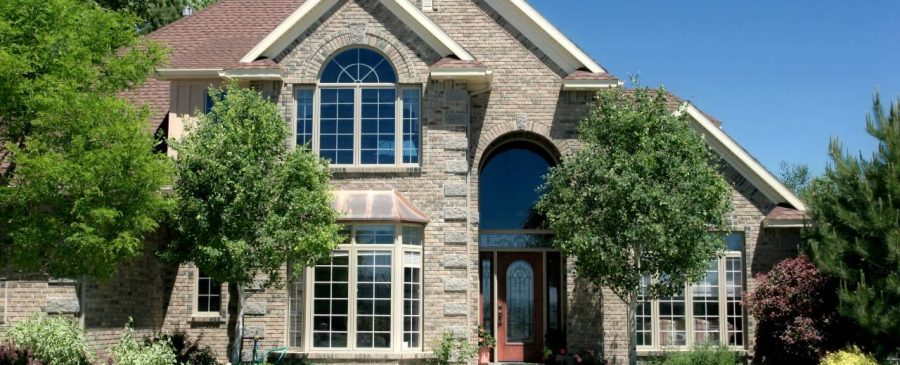What would negative interest rates mean to the Idaho real estate market?

If the Federal Reserve ever brought us to negative interest rates, have you ever thought about what that would mean to the Idaho real estate market? Before I can walk you through that, I should probably explain what negative interest rates are. It sounds counterintuitive to most of us. I mean, isn’t the whole idea of a bank paying interest that they are paying us to store our dollars with them? So what does it even mean to have negative interest rates?
First of all, I want you to notice that financial news sources are talking about the prospects of both rising interest rates and negative interest rates. They can’t both be right (at the same time, at least). I just point that out to suggest that you not believe every headline you read from mass media, whether it is in the financial, real estate, or political sections. Everyone has an agenda.
Second, and back to the point here, it might surprise you that negative interest rates are even being talked about at all in policy-making and academic circles. The effect of such hypothetical negative interest rates is (perversely, perhaps) just what you might expect. You would be paying the bank for them to store your dollars for you.
What kind of sense does that make? A lot of it. Well, dollars, and not mere cents, actually. And for the banks, not you. But this dynamic is nothing new, is it?
Here’s why it makes sense for banks and policy-makers. They want to loan you more money. When you borrow from them, they own your future income. That is a larger piece of pie than what they could make off of re-investing your stored savings dollars, because most Americans save very little. The less the banking public saves, the less banks make in a low interest rate environment (unless it’s from fees, of course). But if that dynamic gets turned around to push your dollars into being spent so that you borrow more, then guess what? They earn more.
So now that you have a brief introduction to what negative rates are all about, how might they affect mortgages and the real estate market? Well, since we haven’t experienced it, we don’t know for sure. There could be (and likely will be) long term repercussions (in my opinion, but what do I know?). But in the short- to mid-term, I believe a negative rate environment will do what it is intended, which is to incentivize the flow of money out of savings and into loans. And what is the biggest loan that everyone (OK, most people) aspire to? A home loan, of course.
If this is correct (and I’m not a prophet, I’m just sharing my opinion of these market dynamics) I believe mortgage rates will also remain low, though not negative. Remember, Big Banks wants your money out of savings and into an asset class that absorbs that capital and requires you to borrow even more. This should theoretically incentivize home ownership even more.
Don’t get me wrong—I’m not a Pollyanna on government intervention in our economy and fiscal policy. But I’m also a realist, and as a Realtor, I exist in a time when government intervention not only exists currently, but is likely to long into the future. These policies can, and probably will, create bubbles that will burst at some point. We may always experience booms and busts due to the inefficiencies of that intervention. But I do believe that for the asset class of real estate—I’m talking to you, current and prospective homeowners—it should reasonably ensure a strong market. That is positive for homeowners and home buyers, though the first purchase is always the hardest.
Real estate has always been pretty good to my family, through the many booms and busts I’ve experienced in my lifetime. I don’t expect that to change, even if the Fed messes up with


Pingback:Kevin Harper Realtor® 208-249-8893